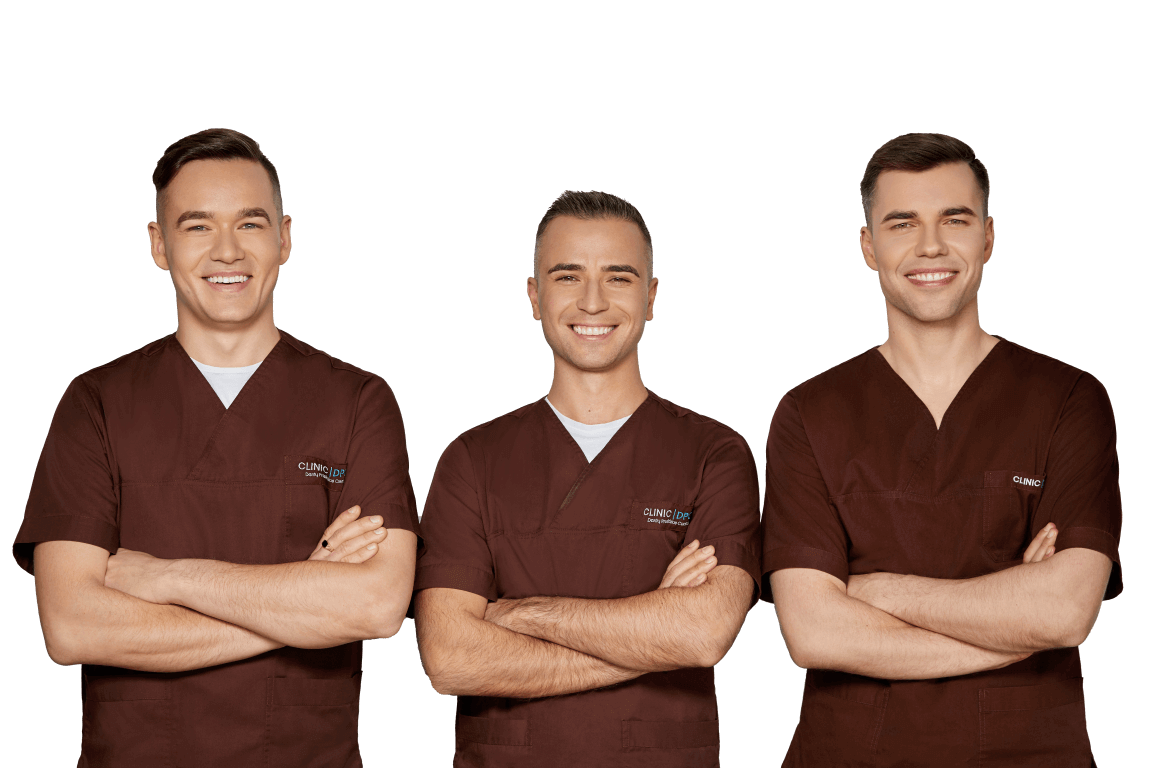What is it?
This is a procedure during which soft and hard plaques are removed in the oral hygienist’s office with special instruments. Dental plaque is one of the most common causes of gingivitis, undetected caries, periodontitis (better known as periodontitis), and early tooth loss, so it is very important to remove them in time.
Diseases of the teeth and gums resulting from poor oral hygiene
The main cause of tooth and gum disease is improper personal oral hygiene. Diseases caused by improper personal oral hygiene can be prevented by regularly visiting a doctor – dentist for a preventive check-up and an oral hygienist, who not only performs professional oral hygiene, but also chooses suitable tools for dental care at home. Improper chewing of food, frequent consumption of soft food and lack of salt in the body can also influence the occurrence of diseases.
When is oral hygiene recommended?
Professional oral hygiene is recommended twice a year. Patients with implants, fixed non-removable prostheses must come for professional oral hygiene every 6 months. Patients wearing braces should have professional oral hygiene every 4 months or as recommended by an oral hygienist.
Professional oral hygiene is always performed before aesthetic fillings, permanent prosthetics and surgical interventions.
Air-Flow method for oral hygiene
A strong stream of air, water and medical grade calcium carbonate powder quickly and painlessly removes plaque build-up. When cleaning with this method, the hard tissues of the tooth and the gums are not damaged, because the surface of the tooth is affected from a distance.
Tartar cleaning
Cleaning of mineralized plaque in the oral hygienist’s office using an ultrasonic scaler and hand instruments. All surfaces of teeth and fillings are polished with paste. Soft and pigmented plaques are removed by air abrasion using calcium carbonate powder (better known as baking soda.)


